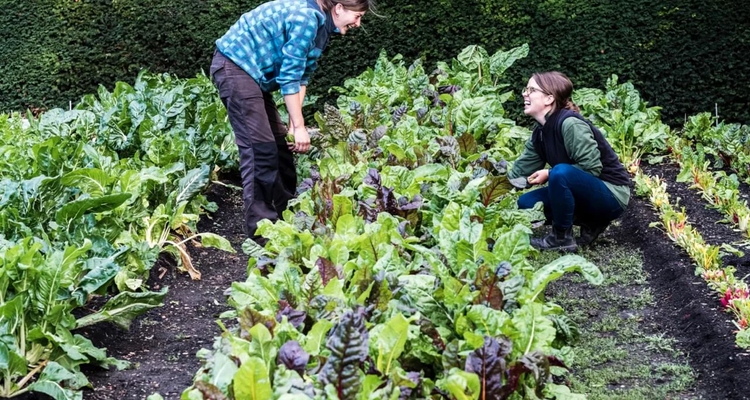
7 Ways to Make Your Garden Greener
By Hugo Douglas-Deane
To mark the start of the RHS Chelsea Flower Show we wanted to highlight some ways you can make your garden a little bit greener.
There are loads of simple and actionable tips you can get started with today, as well as some long-term big impact changes like tree planting which
1. Switch From Mains to Rains 🚰
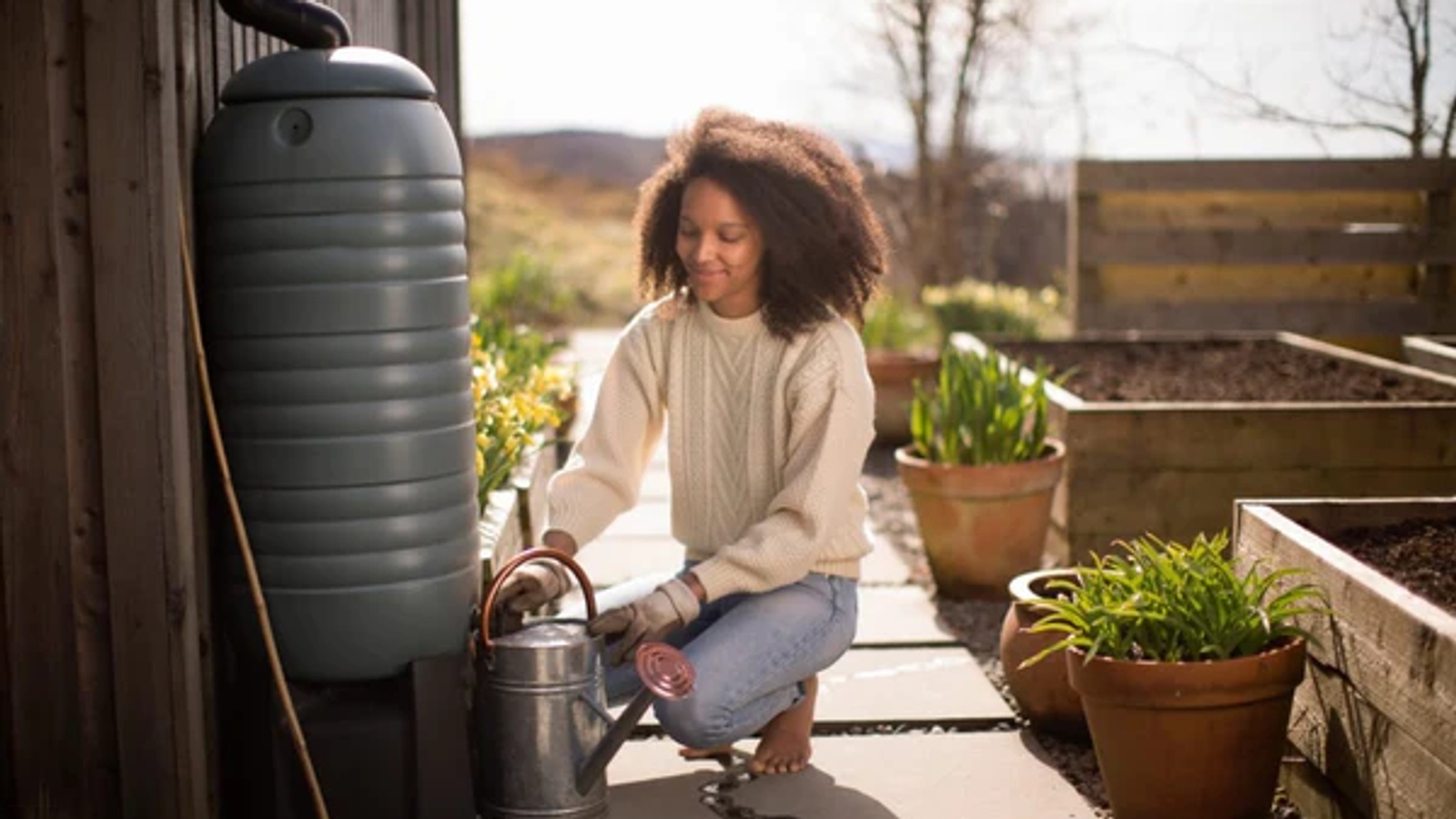
It's no secret that in the UK we get a lot of rain: we're famous for it, in fact. But when a dry spell comes, you may have to turn to the tap or plug in the hose, and it can become quite expensive.
Enter: the mighty water butt. It's not as rude as it sounds, and installing a simple water butt allows you to catch rainwater while it's wet and save yourself turning on the tap.
Then you're free to simply use a watering can instead of a hosepipe! Your local council will definitely thank you, as catching rainfall like this can help reduce surface water flooding in wet areas, too.
2. Protect the Peat 🪴
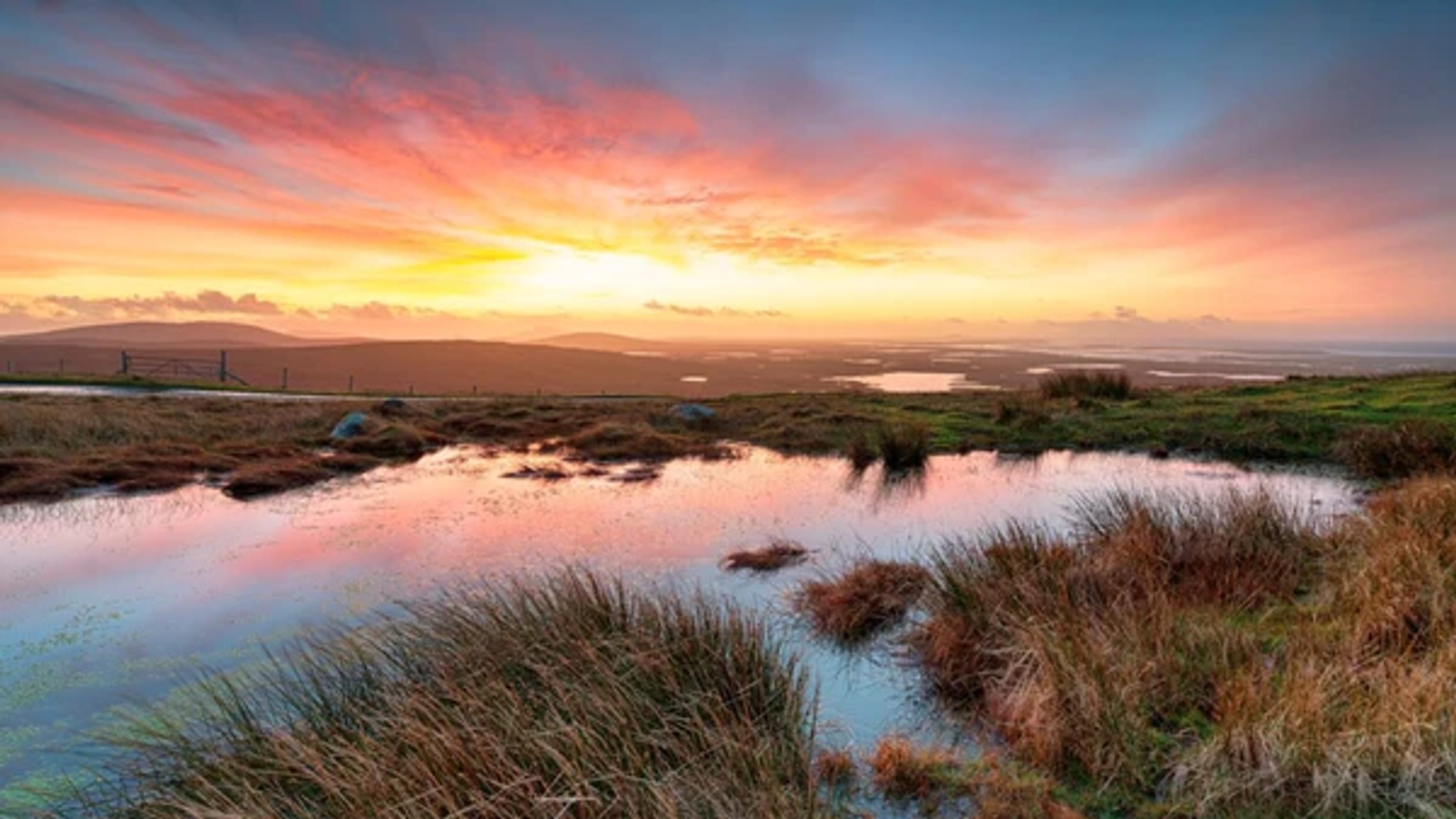
Peatlands are the world's largest carbon store on land. Our planet's billions of acres of peat hold more carbon than all the world's forests combined! They provide valuable ecosystems for plants and animals and act like sponges, reducing the risk of flooding.
When we take peat for our gardens, carbon is released and habitats are damaged. Keeping peat in bogs – not bags – is a crucial part of the fight against climate change.
Thankfully, peat is to be banned in the UK in 2024.
3. Create Compost 🪱
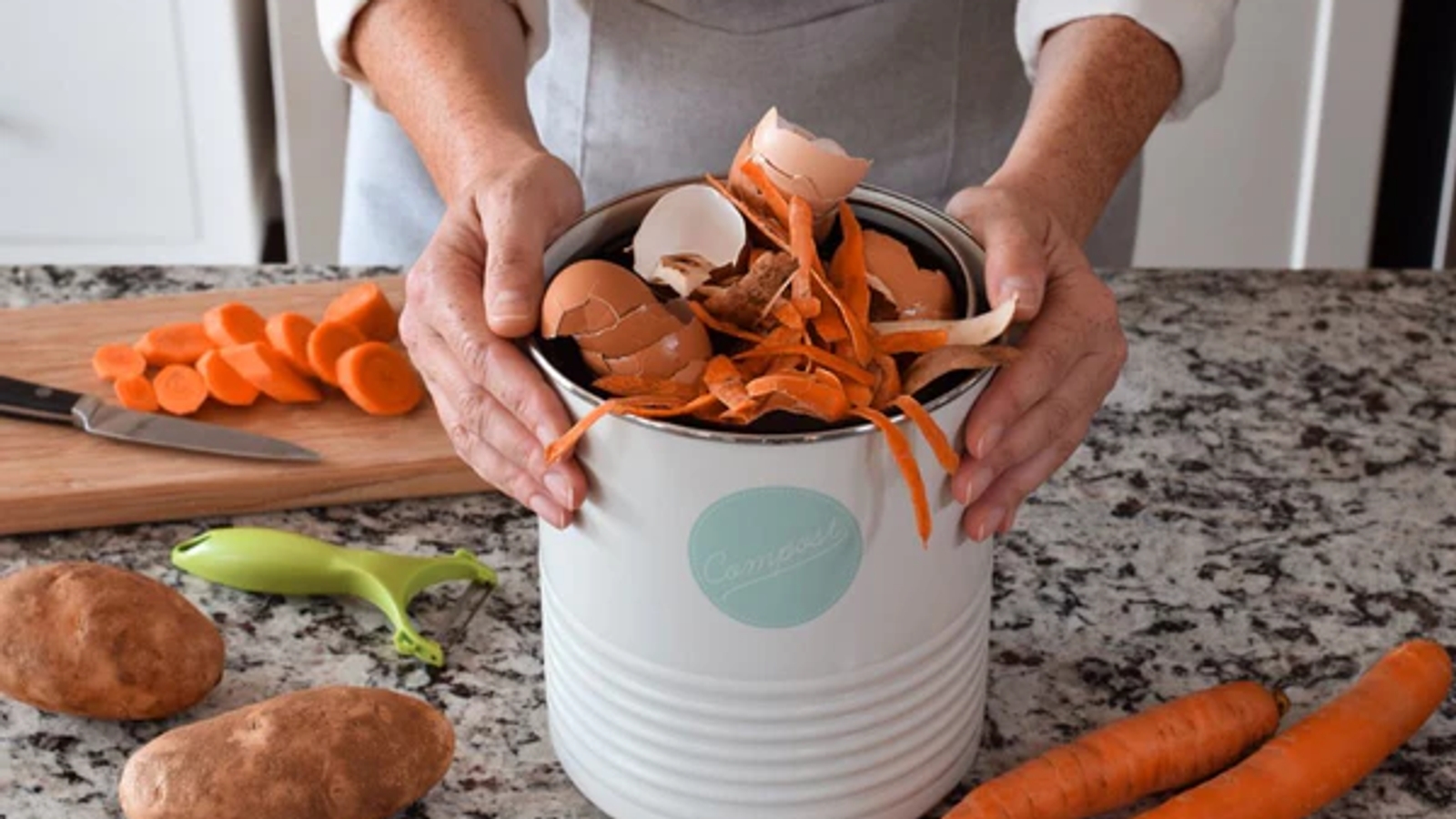
For every kg of compost you make at home you can save the equivalent to 1.85 miles driven in an average car vs buying bagged compost.
Every 1kg of homemade compost typically saves over 0.1kg fossil CO2 emissions, which could save more than 5.1 kg carbon, per gardener, every year.
To get started, check out the RecycleNow website for tips on starting your own compost heap.
4. Pull Up a Paver 🌿
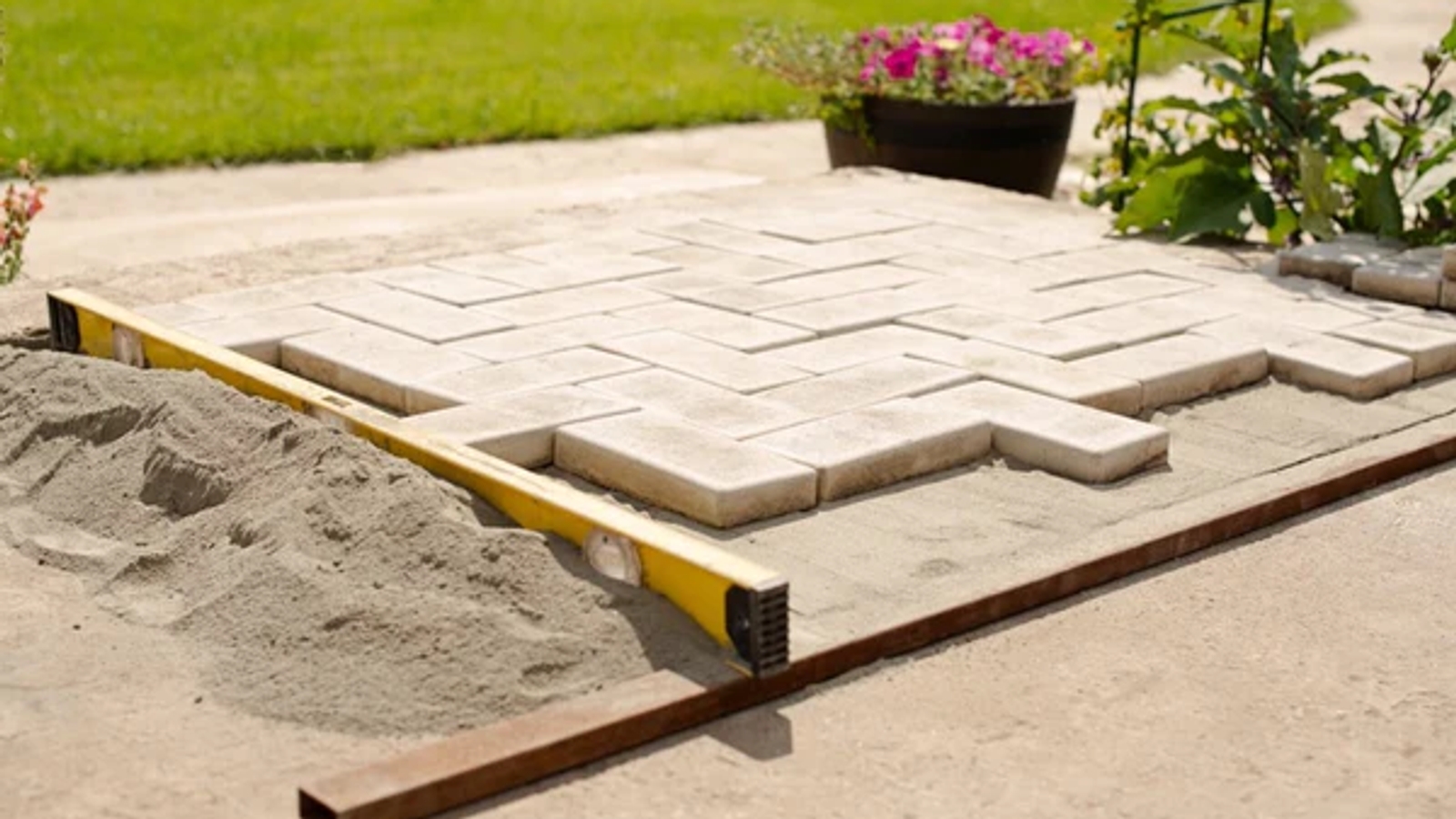
If 30 million gardeners pulled up a paver and planted 1m² of perennial plants (either herbaceous, shrubs or trees) in their community, school, workplace or garden and allowed it to develop to maturity, we could create a huge impact.
Depending on the plants grown this would be equivalent to heating between 86,000 to more than one million homes for a year!
It's easy to pick up wildflower and mixed seed packs cheaply from garden centres and supermarkets, and the results could lead to exciting and unexpected varieties of plants in your garden.
5. Plant, Don't Pesticide 🐝
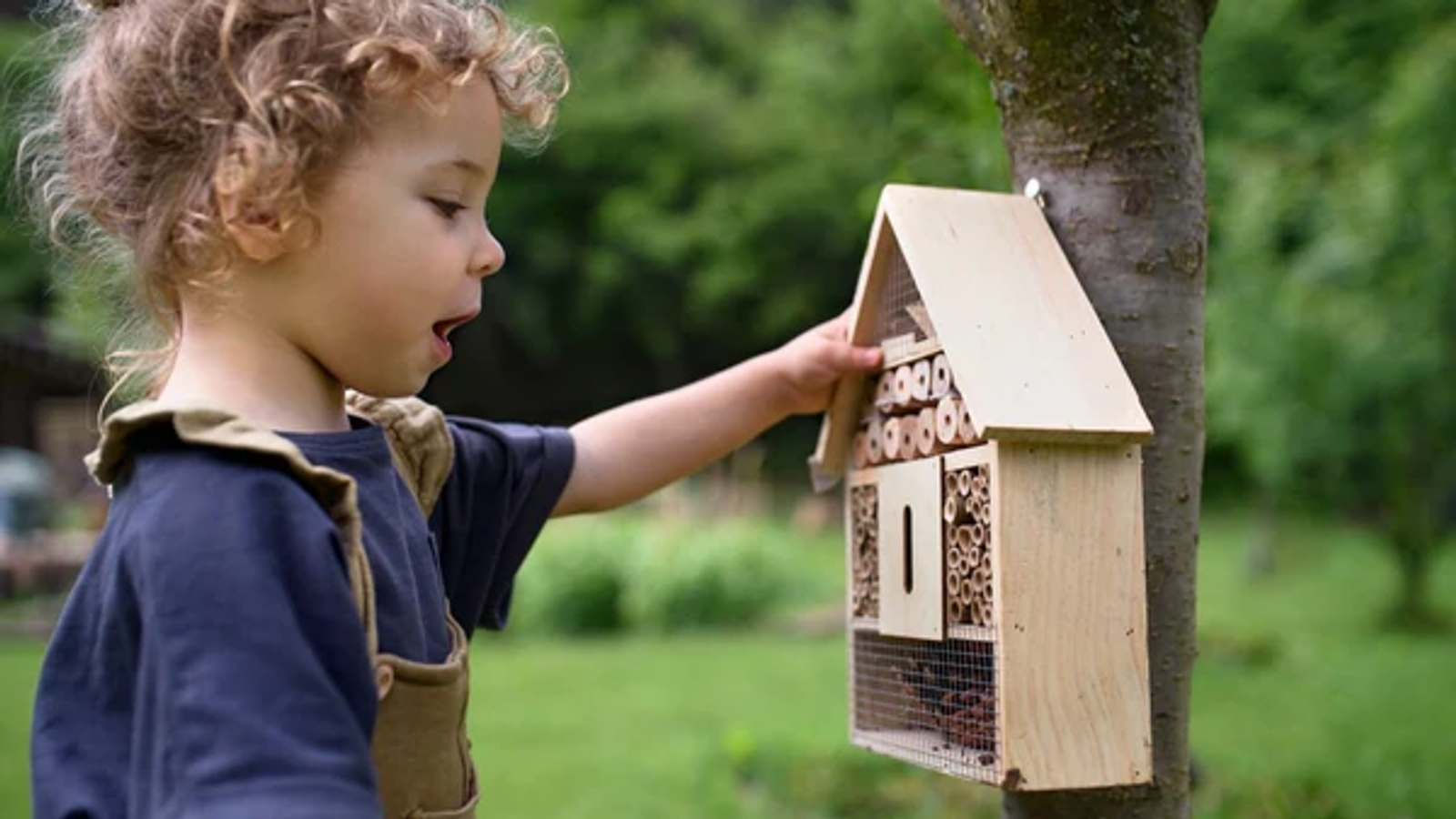
Help slow and reverse the declines in bees, butterflies, moths, hoverflies and other pollinators by ditching the pesticides and growing a wide variety of plants.
Include a mixture of native, near-native and exotic plants to support pollinator diversity.
You can also pick up or build your own insect hotel or bee house to help provide a home to your neighbourhood spider (or other insect friends).
6. Plant a Tree 🌳
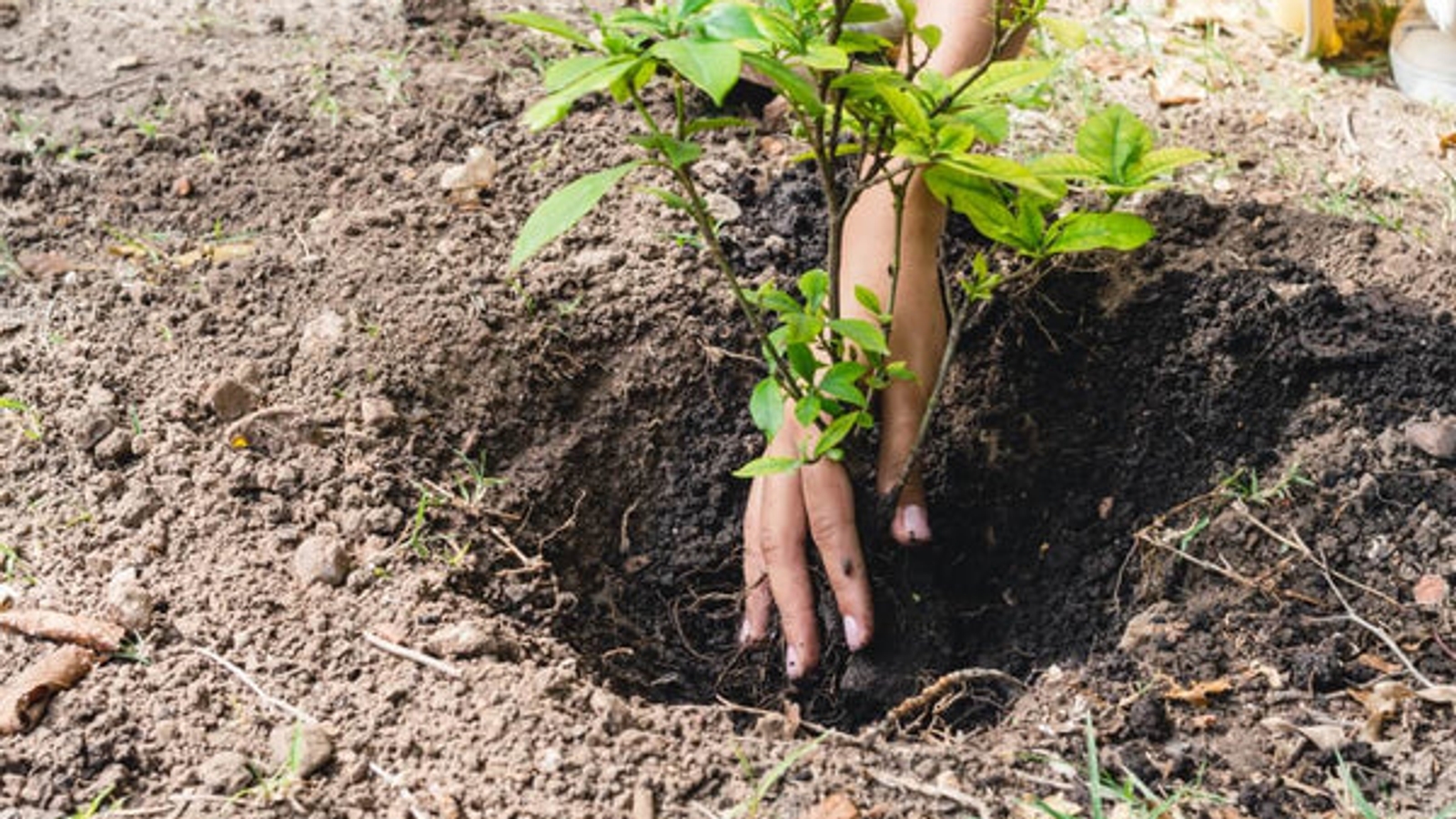
According to the RHS' calculations, if all 30 million UK gardeners planted a medium-sized tree in their community, school, workplace or garden and nurtured it to maturity, you could store enough carbon equivalent to drive you more than 11 million times around our planet! You would be making your garden greener in appearance and in its power to fight the climate change.
Pro tip: planting a fruit tree like an apple, plum or pear tree gives you even more benefits. Not only will you get new, leafy cover and carbon-fighting goodness, planting a fruit tree will mean you can get regular harvests as well as supporting a biodiverse culture in your garden.
7. No Garden? Go Guerilla 💣
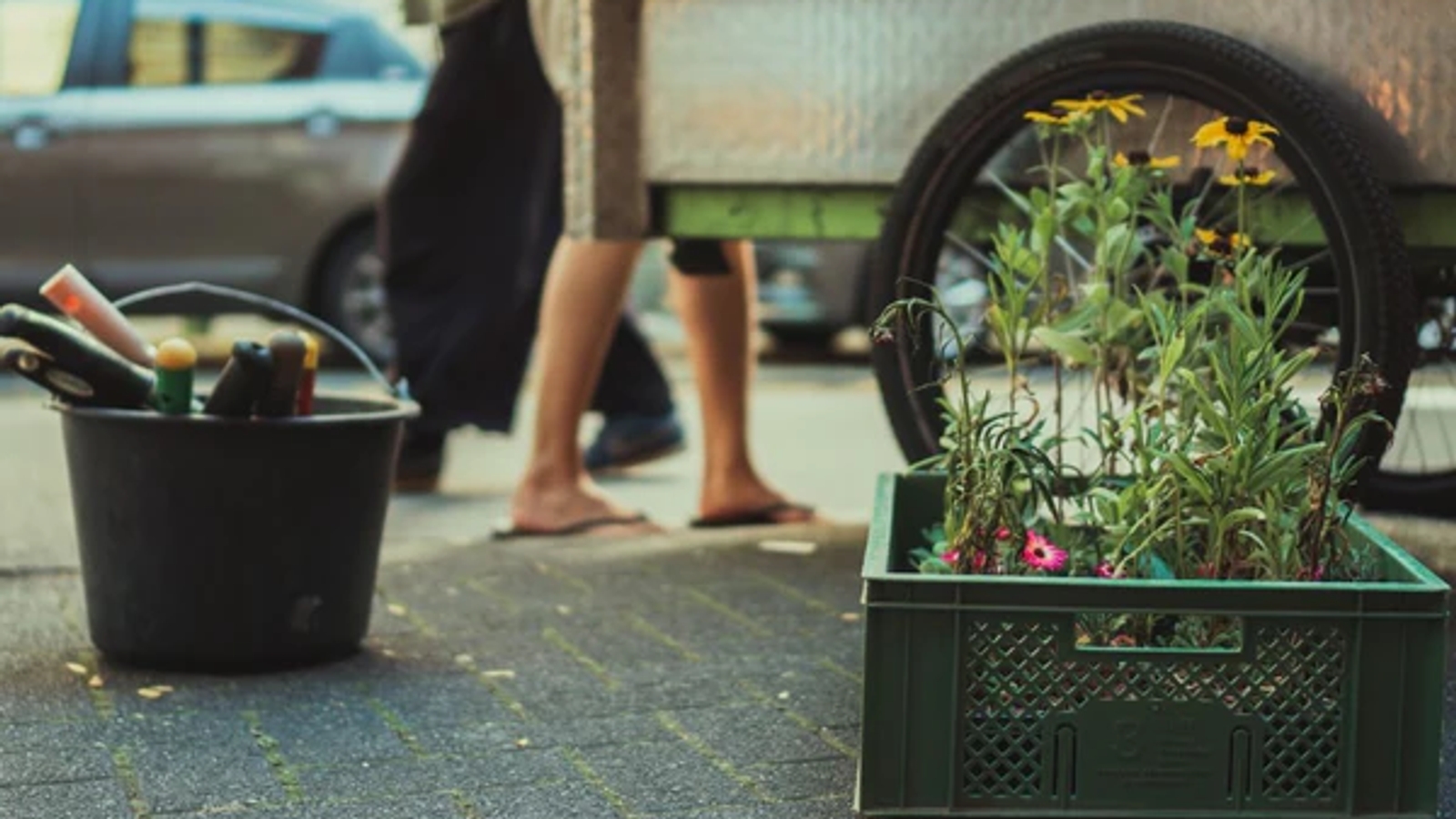
If you don't have anywhere to plant there are always other options. Derelict land, forgotten lots – they can all become little nature havens!
Grab yourself a plastic-free, compostable 'seed bomb' from UK company Kabloom and get planting to make your commute, lunchtime walk, or grocery trip more scenic and biodiverse.
Kabloom offer seed mixes suited to different insects and animals, from birds to bees and butterflies.



